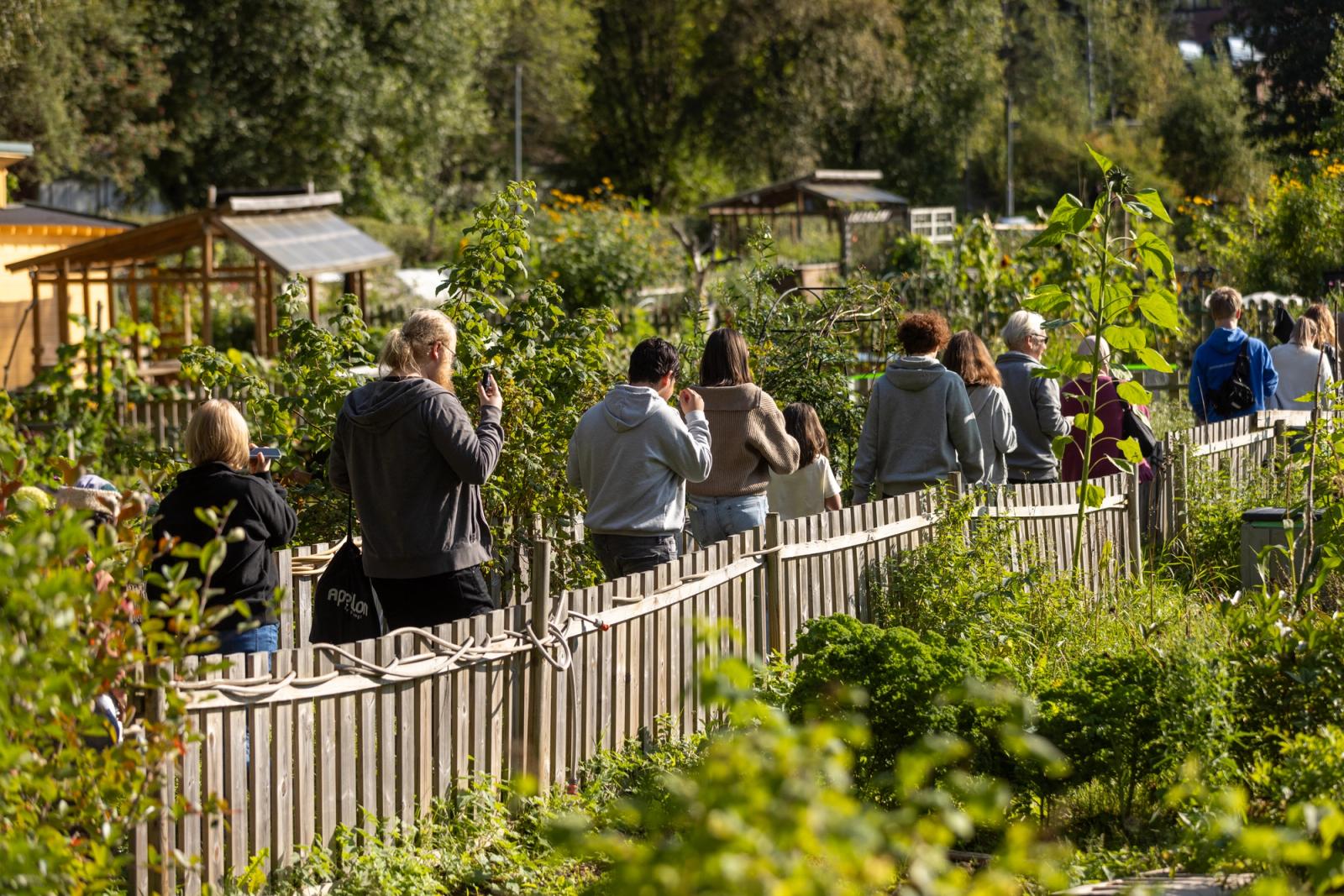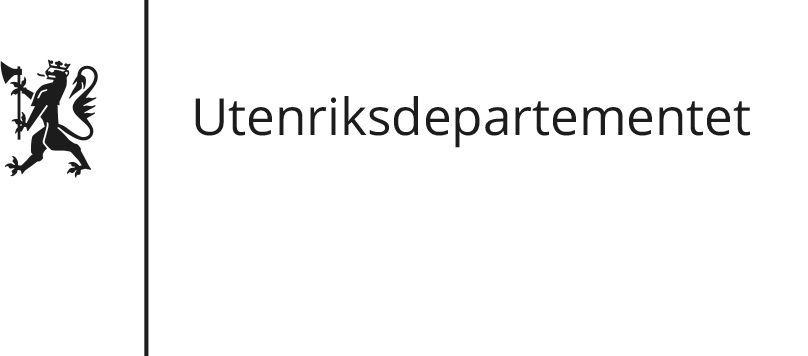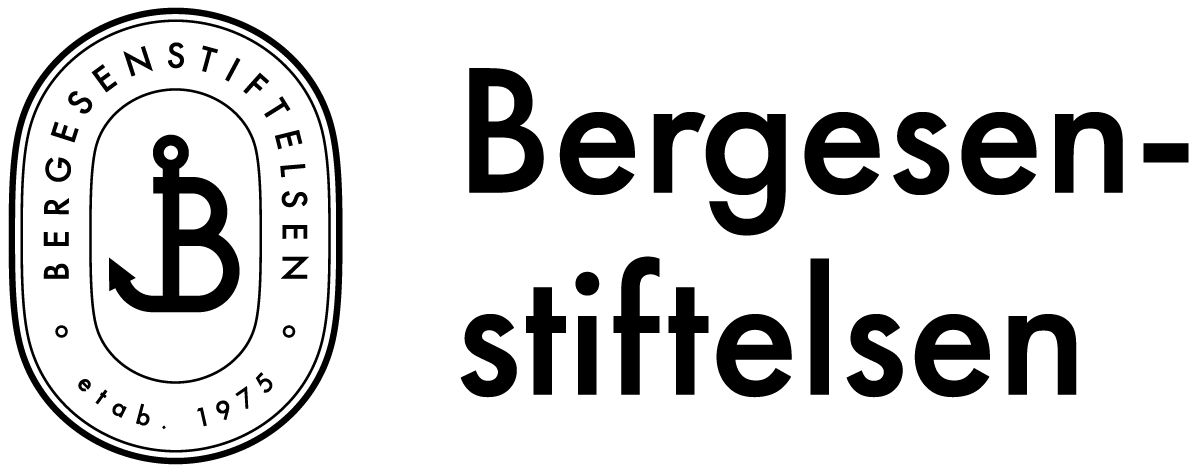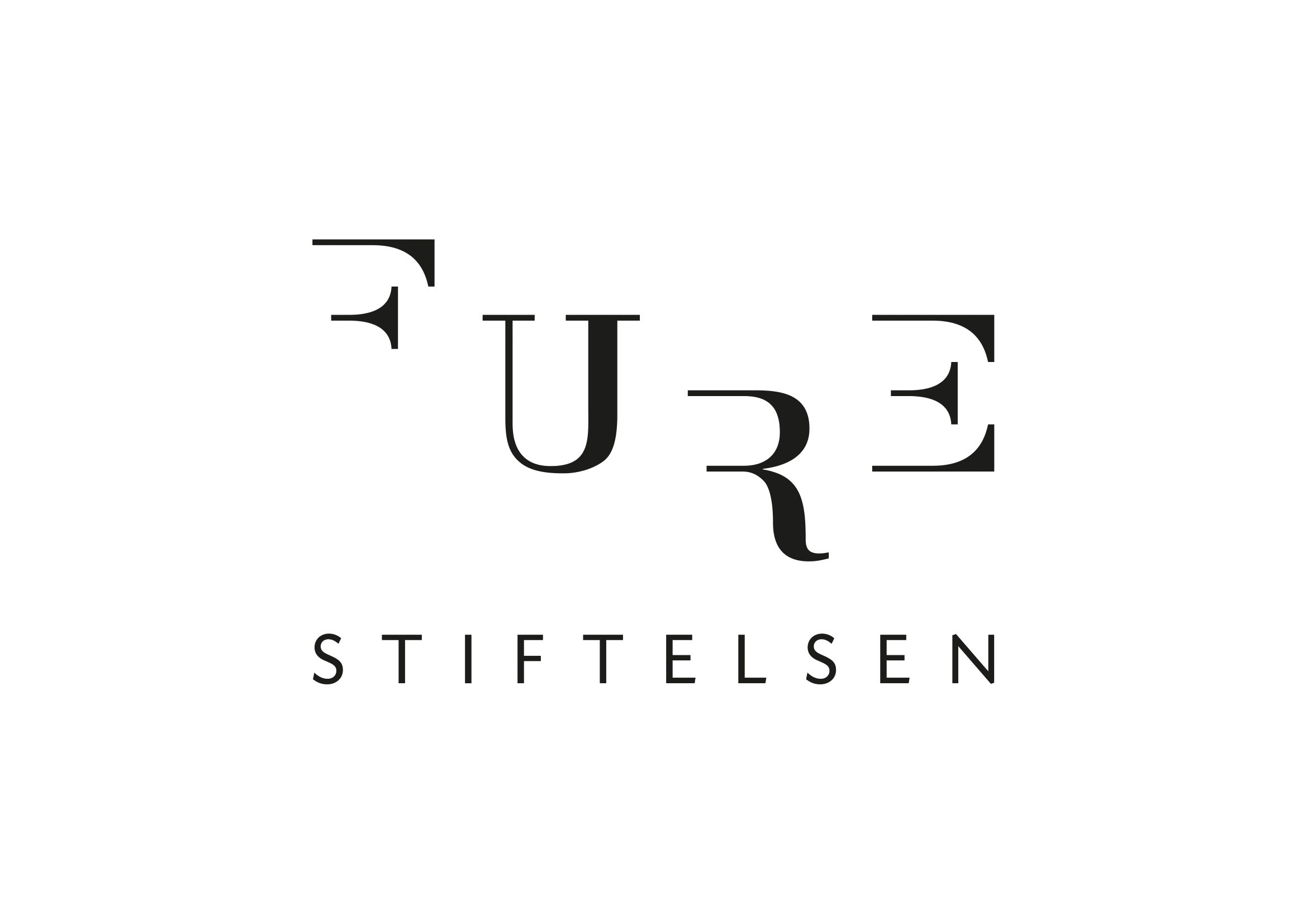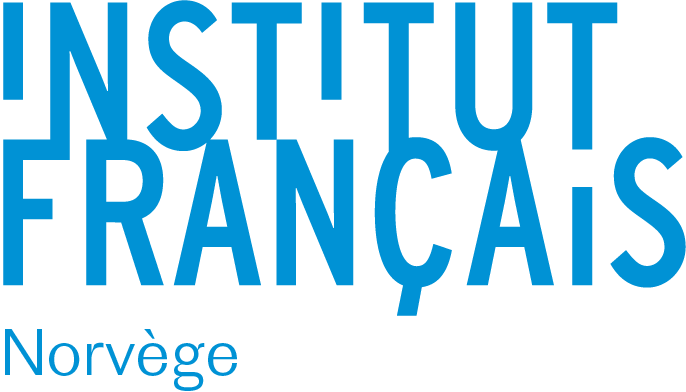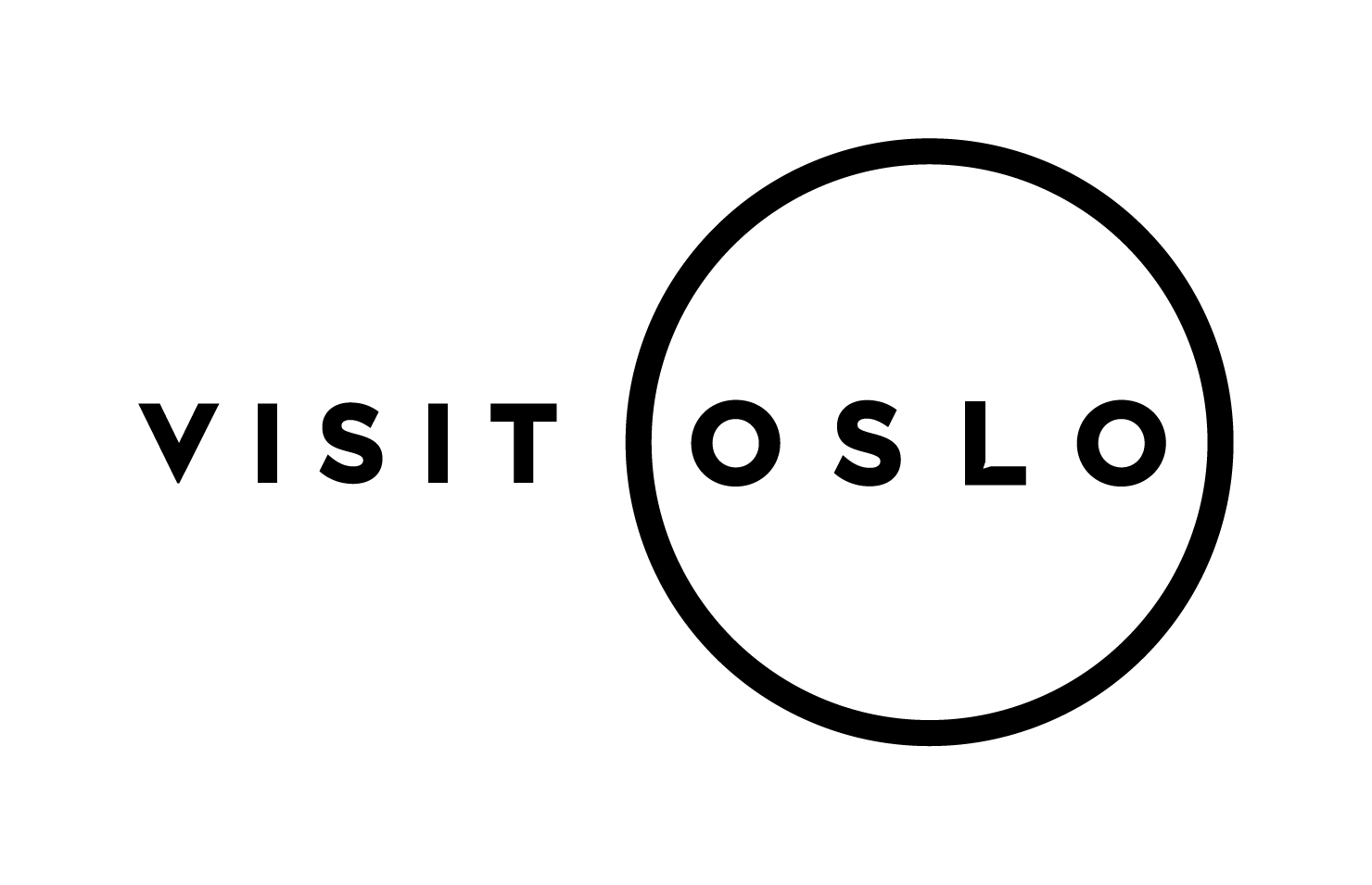Our sustainability and environmental efforts
Ultima Oslo Contemporary Music Festival is more than a series of concerts and artistic encounters. As a cultural institution, we play a significant role in society and have a responsibility to care for the environment. Every year we bring together thousands of people, and we want to use this platform to contribute to a more sustainable future. We work systematically to reduce our carbon footprint, improve staff wellbeing, and promote fair and inclusive practices, both on and off stage.
Strategy and Action Plan
Ultima takes concrete measures to reduce its carbon footprint. We regularly map the sources of our emissions and follow a clear sustainability strategy. Our actions include prioritizing low-emission transport solutions, using 100% renewable grid electricity where possible, reducing energy use, minimising waste, and phasing out single-use plastics. We also emphasise sustainable food and beverage solutions, safe and fair working conditions across the value chain, and clear communication with our audiences. In this way, we aim to create a festival experience that is both inclusive and environmentally friendly.
Eco-Lighthouse Certification
Ultima received Eco-Lighthouse certification in 2025. The certification provides us with tools and an environmental management system that help us reduce our environmental impact and contribute to the green transition, in line with the European Green Deal. The scheme is approved by the EU and recognised as an official environmental standard in Norway.
As an Eco-Lighthouse, we have documented compliance with requirements tailored to our operations within the category Green Events. The criteria include workplace conditions, waste management, energy use, procurement, and transport. With the certification, we commit ourselves to continuous improvement. Through annual reporting and re-certification every three years, we ensure that our work remains up to date and in line with current standards and societal expectations.
Green Producers Tool
Ultima uses the Green Producers Tool – a Norwegian-developed system for measuring and reducing carbon emissions in the cultural sector. The tool was developed in collaboration with partners including CICERO (Centre for International Climate Research), Øya Festival, and the Norwegian National Opera & Ballet. It makes it possible to map emissions from transport, food, equipment, and waste. The aim is to provide organisers with a common framework for understanding the environmental impact of artistic and cultural productions, and to support practical measures that reduce emissions and promote more sustainable festivals and events.
Feedback
We welcome ideas and suggestions for how we can improve, and we encourage our audiences, artists, volunteers, and others to share their feedback with us. Please feel free to send us an email at info@ultima.no.
Reporting and Transparency
We are committed to being open about both the challenges and achievements in our sustainability work. Here you can read more about what we are doing – and what we are not yet doing – to reduce the festival's greenhouse gas emissions:
Reports and Strategy Documents (in Norwegian)
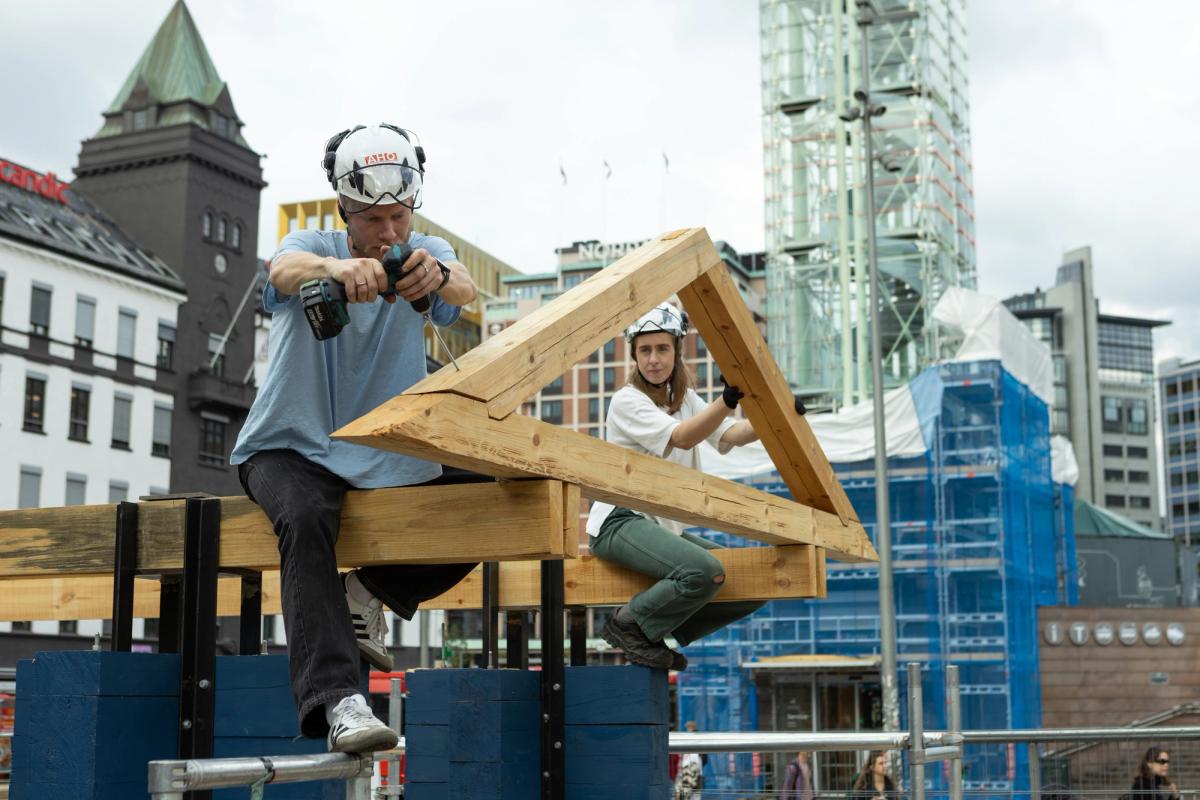
Ultima Pavilion at Tigerplassen during Ultima 2025 was built as a temporary, open space where music and city life converged. The pavilion was constructed by Circular Prototyping students at the Oslo School of Architecture and Design using reclaimed materials and following principles of circular and sustainable architecture – in line with the Oslo Architecture Triennale’s motto, "What if nature comes first?". Photo: Nabeeh Samaan.
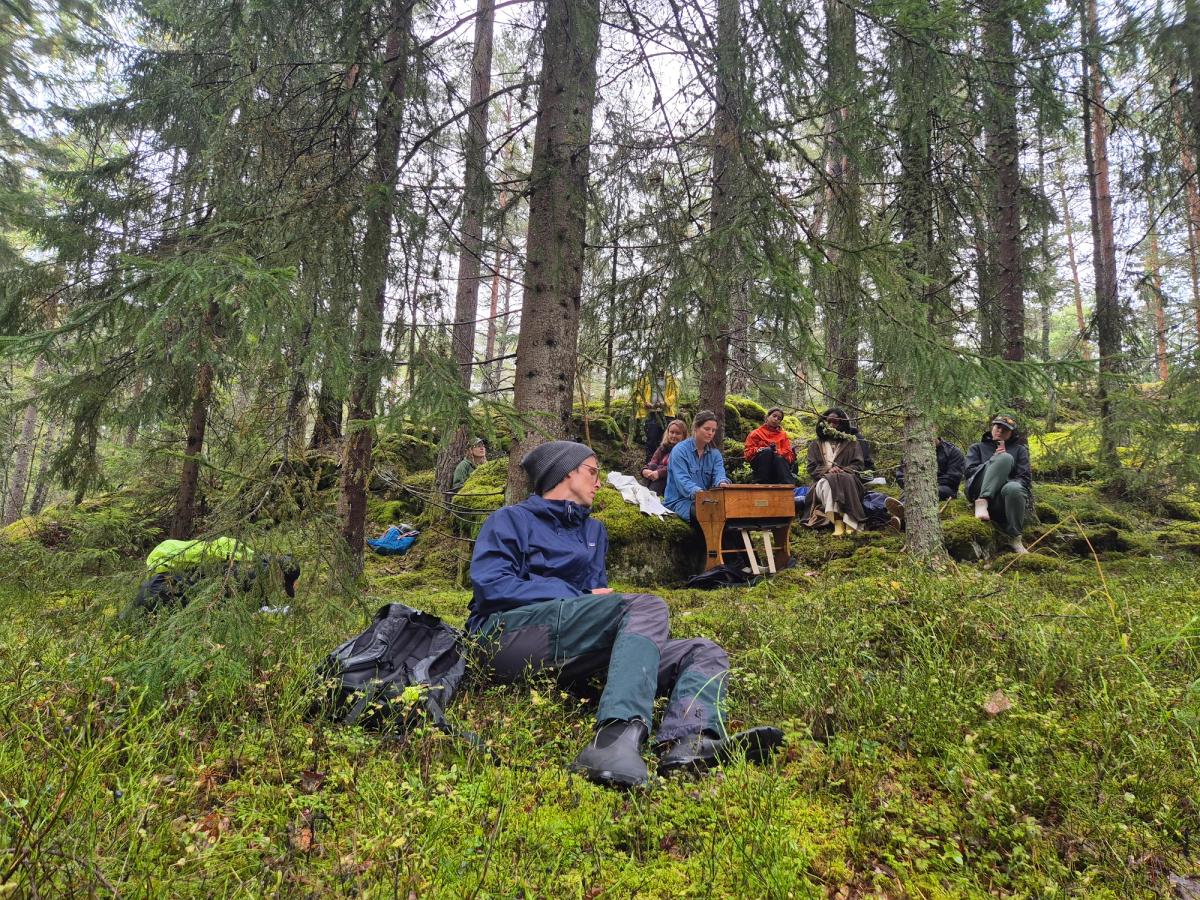
From the seminar Sustainable Composing for composers and sound artists during Ultima 2025. Participants experienced, among other things, organ improvisation by Anja Lauvdal among the trees in Østmarka. Photo: Lil Lacy.
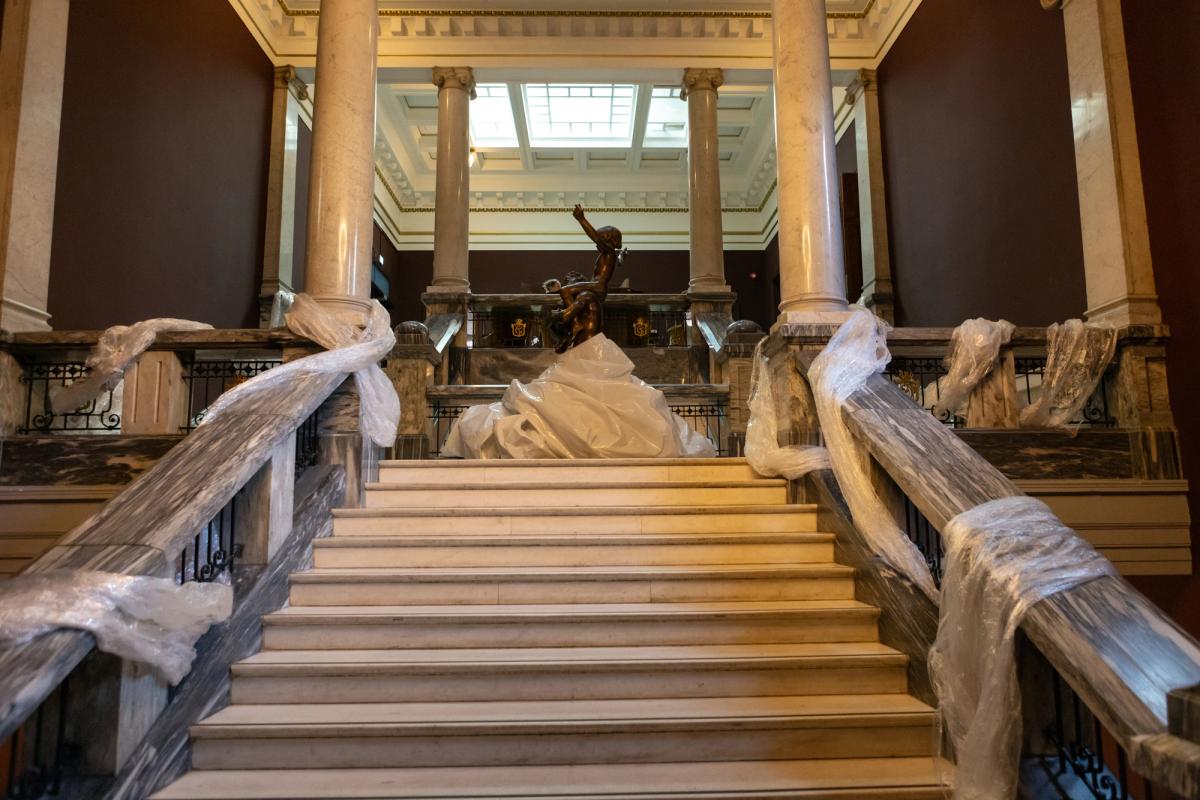
Single-Use Plastic River, installation by scenographer Christina Lindgren at Ultima Children’s Day 2024. Made from recycled plastic sourced from the grocery sector. Photo: Nabeeh Samaan.
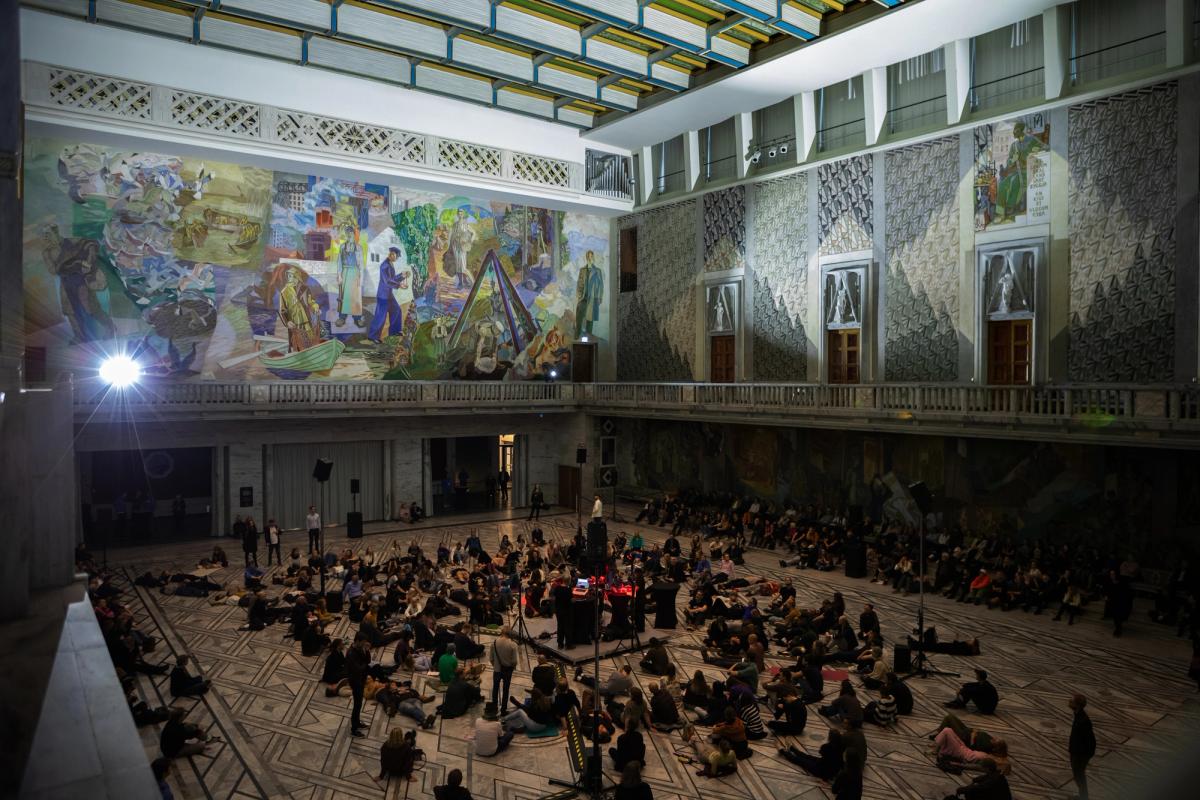
fathom by and with Jana Winderen, Chris Watson and Tony Myatt. The opening concert of Ultima 2024 highlighted the fragility of marine ecosystems and reminded us how art can raise awareness of nature’s intrinsic value and the need for sustainable stewardship. Photo: Nabeeh Samaan.
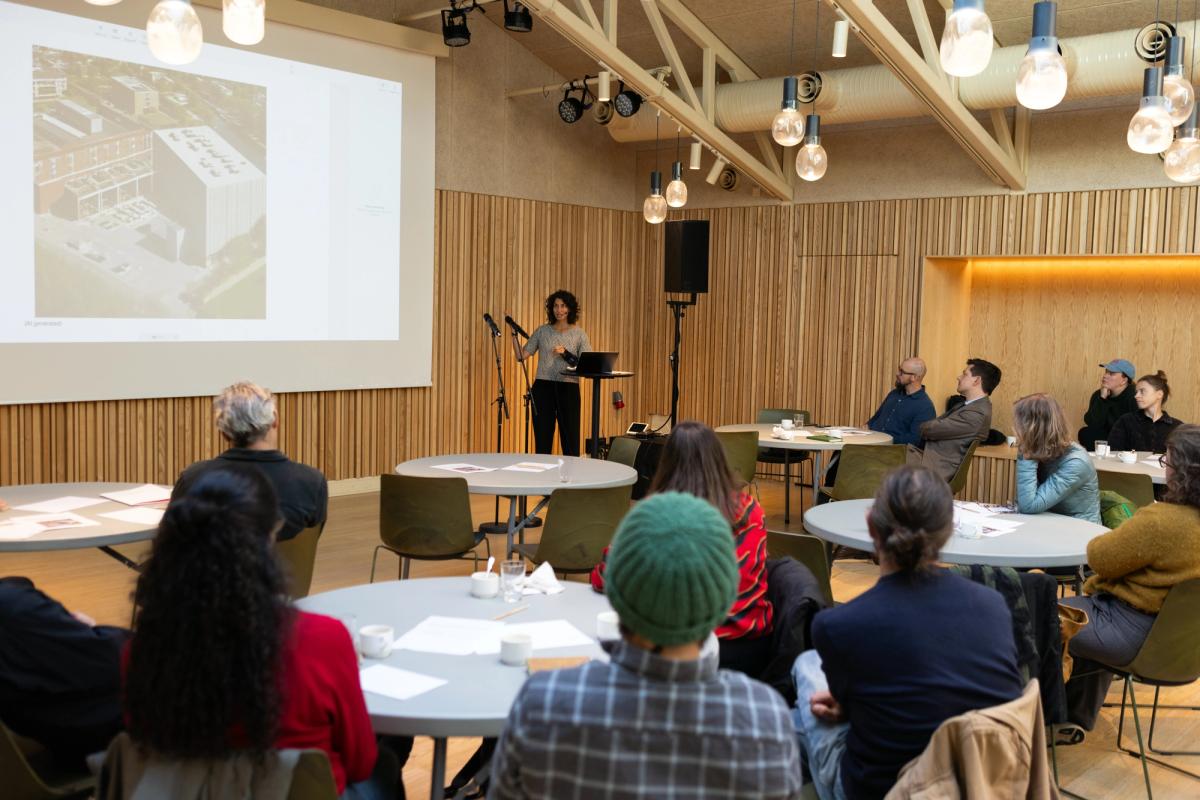
From the networking seminar When Culture Shapes Places in 2024, where practical local initiatives that can create long-term, sustainable solutions for the environment and climate were explored. Photo: Nabeeh Samaan
